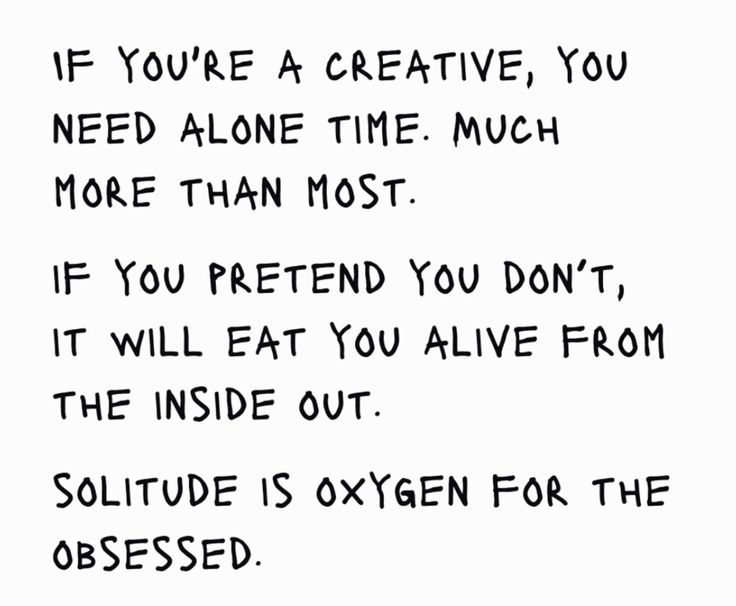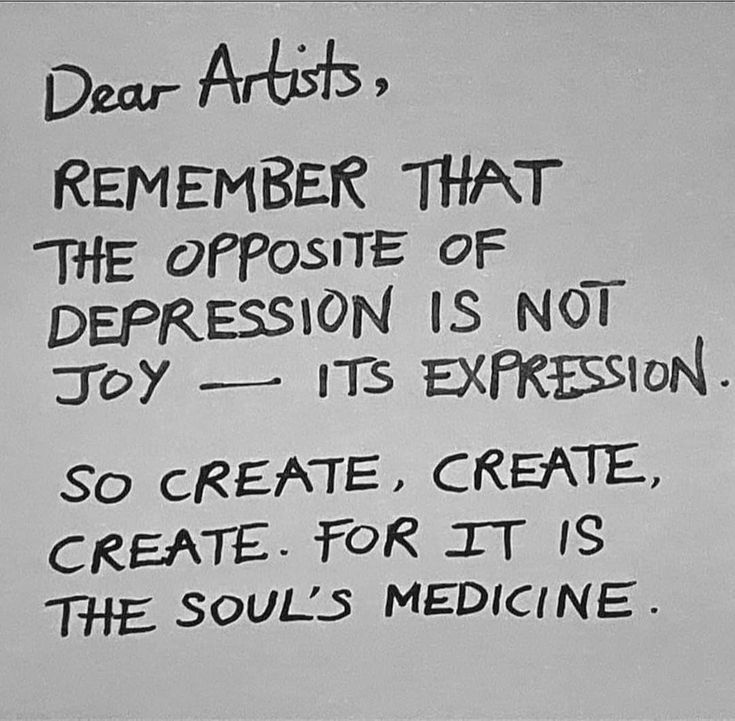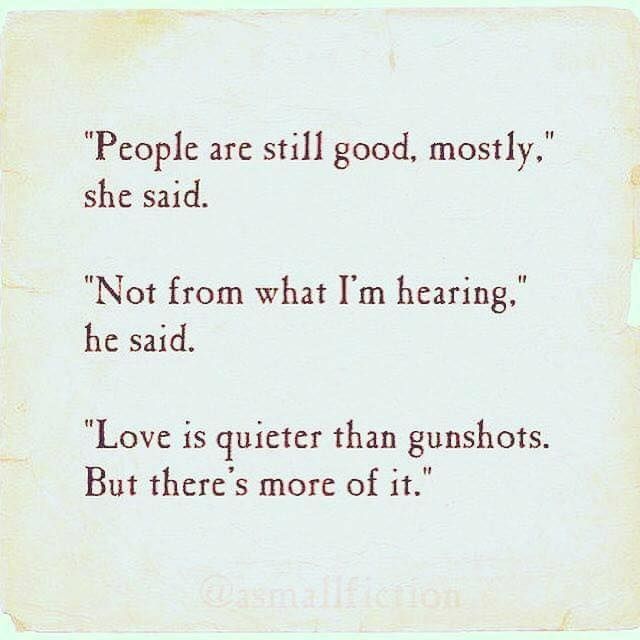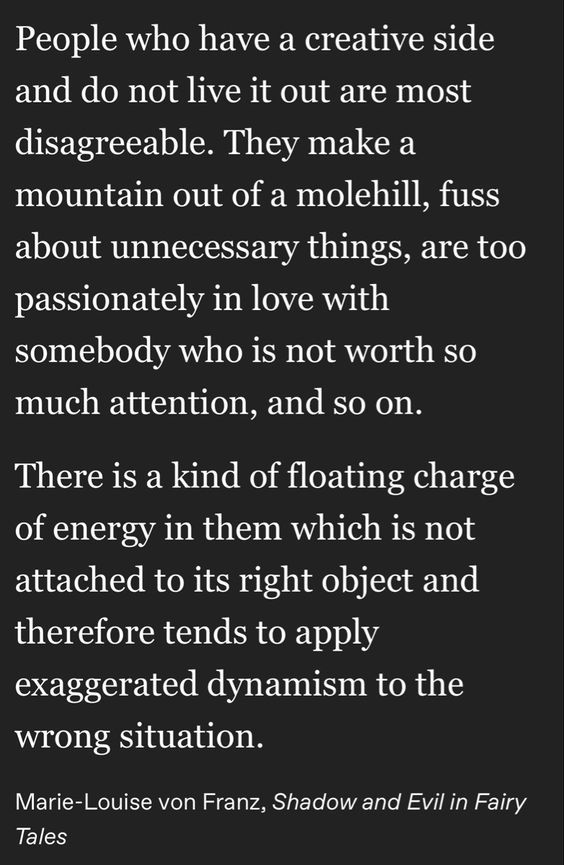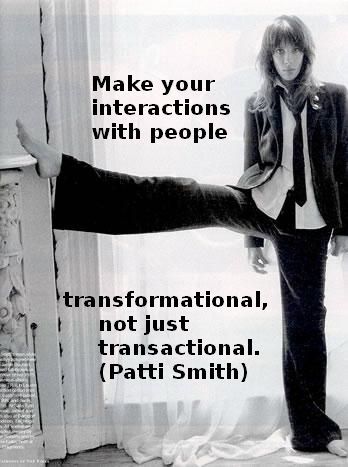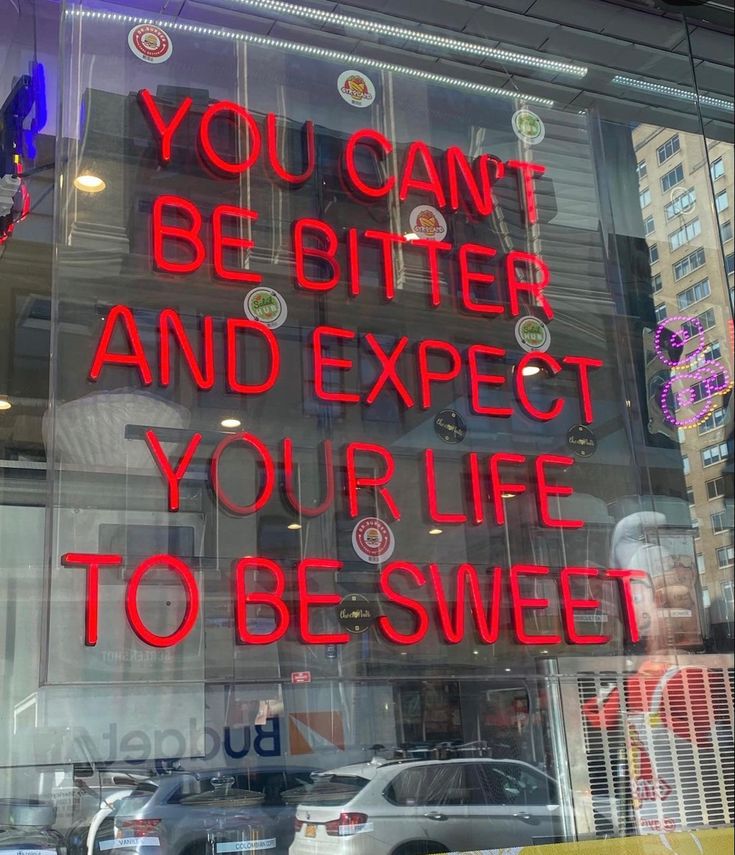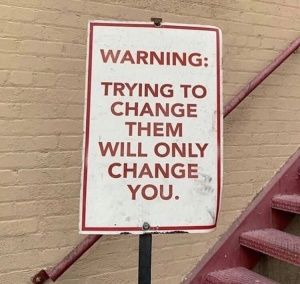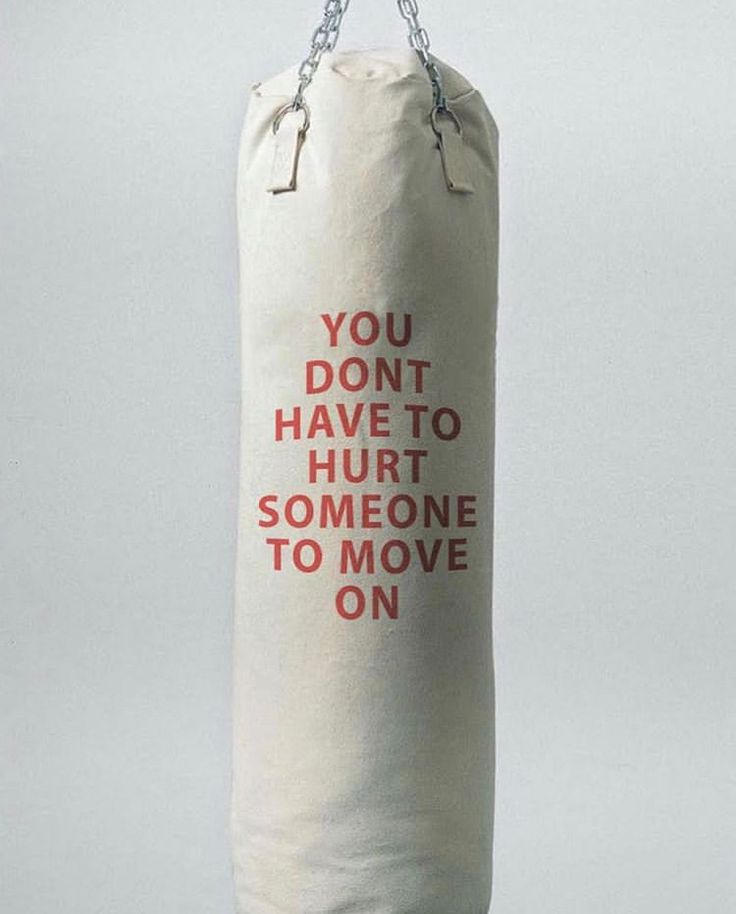“One of my patients, an award-winning television producer with several hit shows, struggled with weight issues from childhood. It impacted her health, joints, and gait. I fixed an orthopedic problem, and set a course for rehab. I also took the opportunity to talk to her about overall well-being. I mentioned that she might not know it, but she’s intrinsically hardwired to be an athlete. I told her that she’d already mastered how to channel the forces of will and determination, as seen in other parts of her life, and that it’s a matter of adapting what she already has to this kind of project: herself! She started with small accomplishments, walks and hikes, and in time progressed to running. Now, she’s fallen in love with it, never having believed that she could be a fifty-plus woman, jogging up and down hills, showing up as her best self.”
Bert R. Mandelbaum, MD, via The Win Within (Page 4)
![[MMQ ♥’s] Samurai Decor / Incense Holder [MMQ ♥’s] Samurai Decor / Incense Holder](https://movemequotes.com/wp-content/uploads/2024/11/Samurai-Figures.jpg)
